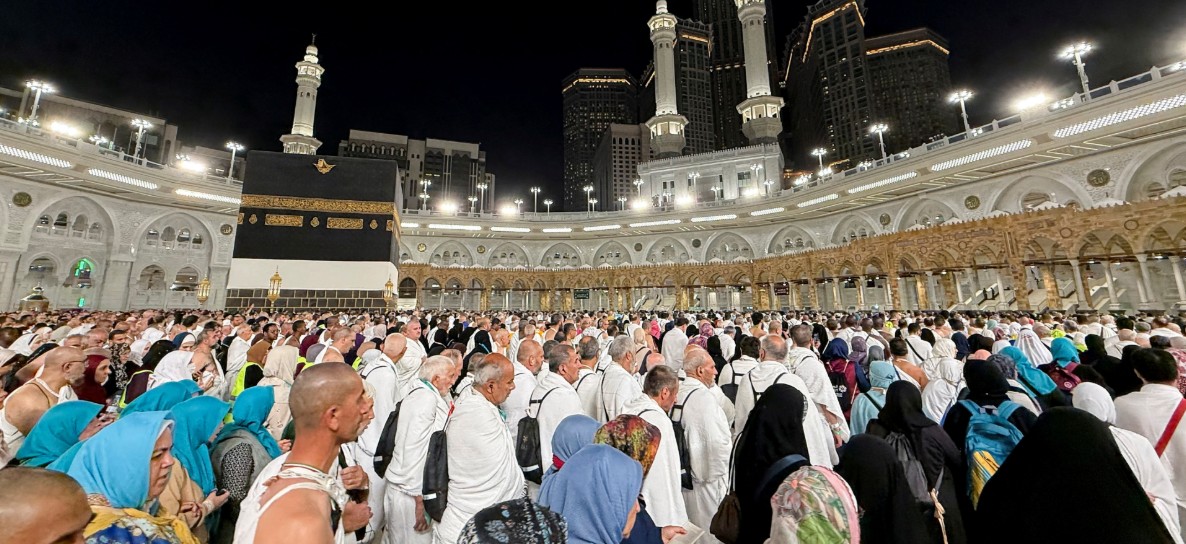The Supreme Council of Kenya Muslims (SUPKEM) has cautioned Kenyan Muslims preparing for next year’s Hajj pilgrimage against using unregistered travel agents, declaring that only the council is legally allowed to manage all logistical and documentation processes.
Addressing participants during a Hajj planning forum, SUPKEM said the directive is aimed at protecting pilgrims from the fraudulent practices and logistical challenges that marred the last pilgrimage season.
The council affirmed that it remains the sole institution with the legal mandate to coordinate the journey and warned that any individual or agency acting outside its authority will be deemed unlawful.
SUPKEM Chairperson Hassan Ole Naado announced that the council is strengthening oversight by introducing stricter vetting measures for all parties involved in Hajj logistics.
“Apart from identification and listing, we are also working on a code of conduct which every entity and individual involved will be required to sign. Any other person or unlawful operative involved in the process will not be allowed,” said Hassan.
He added that SUPKEM is compiling a verified list of approved travel agents, which will be made publicly available to ensure transparency.
Mudhar Khitami, Chair of the SUPKEM Hajj Committee, said once the verification exercise is completed, the list of authorised agents will be published in local newspapers and displayed in mosques across the country.
The warning follows a wave of complaints from Kenyan pilgrims who were left stranded during the last Hajj season, despite making full payments to unofficial agents.
The pilgrims reportedly faced major disruptions including lack of accommodation, transport and other essential services.
In response, SUPKEM said it had already taken disciplinary action against seven travel agencies found to have violated the council’s Hajj guidelines.
“These were clear directives and regulations that most of these agencies flouted. They also politicised very sensitive religious matters, which is not allowed in Kenya,” Hassan said while defending the move to suspend the agencies.
The Hajj pilgrimage, which takes place in the Islamic month of Dhu al-Hijjah, is one of the five pillars of Islam and a religious duty for all Muslims who are physically and financially able to undertake it at least once in their lifetime.
The journey involves several days of spiritual rituals in and around Mecca, including the Tawaf (circling of the Kaaba), standing at Mount Arafat, and the symbolic stoning of the devil in Mina.
Due to the spiritual weight of the pilgrimage, SUPKEM stressed that it is crucial for pilgrims to make proper preparations and follow religious guidelines throughout the journey.
The council reaffirmed its commitment to ensuring that Kenyan pilgrims receive full support in fulfilling this important religious obligation without disruptions.

